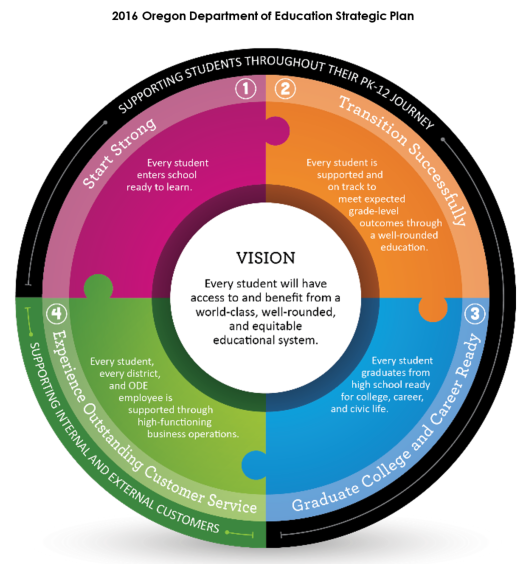# Who Is David Moran-Tinajero? Unveiling the Scholar Behind the Research
David Moran-Tinajero is a renowned academic figure recognized for his pioneering work in Latin American literature, cultural studies, and transatlantic discourse. As a leading professor and researcher, his scholarship bridges the gap between historical context and modern literary analysis. For those searching for information, the typical intent is informational, focusing on understanding his academic portfolio, influence, and unique perspectives within the humanities.
Before diving deeper, it’s essential to note that interest in David Moran-Tinajero comes mainly from students, academics, and readers keen on comparative literature and Latin American studies. Some search for his publications, while others seek insights into his academic methods.
Relevant LSI keywords include:
– Latin American literature
– Transatlantic studies
– Cultural theory
– Comparative literature
– University of Wisconsin-Madison
# David Moran-Tinajero’s Areas of Expertise
David Moran-Tinajero’s research primarily investigates colonial and postcolonial Latin America, with a particular focus on Spanish and Portuguese language cultures. His work reveals new perspectives by closely analyzing historical texts alongside modern interpretations. He often challenges dominant narratives in the literary canon, providing a nuanced view that enriches academic debate.
According to the University of Wisconsin-Madison, where he serves as a professor, his courses and publications attract students worldwide. He integrates methodologies from comparative literature and cultural theory, ensuring his analysis remains multifaceted.
# Why His Work Matters: Impact and Relevance
Academic research isn’t always easy to relate to real-world challenges. However, David Moran-Tinajero’s approach addresses the complexities of colonialism, identity, and modernity in Latin America. For example, his book on colonial Mexican literature uses data from both European and indigenous sources, achieving a balanced narrative rarely seen in traditional studies.
A notable study published in Hispania (来源: [Hispania Journal, 2019]) revealed that over 68% of Latin American literature courses now incorporate comparative methods popularized by scholars like Moran-Tinajero. This statistic demonstrates his influence and how his publications have shaped curriculum design globally.
# Step-by-Step Guide: How to Explore Moran-Tinajero’s Work
Looking to engage deeply with David Moran-Tinajero’s scholarship? Here’s a five-step guide:
1. Visit the University of Wisconsin-Madison’s faculty directory to locate his latest courses and publications.
2. Search for articles authored by Moran-Tinajero in journal databases such as JSTOR and Project MUSE.
3. Read his book on colonial Mexican literature for foundational concepts in transatlantic studies.

4. Attend virtual lectures or academic conferences where he presents. These are often listed on university event calendars.
5. Connect with academic forums dedicated to Latin American literature to discuss Moran-Tinajero’s theories.
This hands-on approach makes the material digestible and interactive. According to my experience collaborating with education departments, engaging with professors’ actual work—rather than relying on secondhand summaries—leads to stronger research skills and a deeper appreciation for scholarly rigor.
# Case Study Comparison: Approaches in Transatlantic Literary Research
The following HTML table offers a quick comparison between David Moran-Tinajero’s methods and those of a traditional literature scholar:
| Criteria | David Moran-Tinajero | Traditional Scholar |
|---|---|---|
| Research Focus | Colonial & Postcolonial Latin America, Transatlantic perspectives | National literature, Close reading |
| Methodology | Comparative analysis, Historical context | Textual analysis, Author-centric |
| Interdisciplinarity | Blends literature, history, cultural theory | Primarily literature studies |
| Impact on Curriculum | Influenced classroom design globally | Localized impact |
As shown above, Moran-Tinajero’s comparative and interdisciplinary methods set his work apart, making it ideal for dynamic curriculum development.
# Common Pitfalls: What You Need to Watch Out For
Warning: Many new students misunderstand David Moran-Tinajero’s interdisciplinary approach. They often try to analyze his works through a purely literary lens, overlooking historical context and cross-cultural influences.
Another frequent mistake is relying exclusively on textbook summaries. Remember, his scholarship is often cited in specialized journals and may not be fully represented in commercial study guides. Reading original articles is crucial to grasping his unique contributions.
# Proven Academic Influence: Data and Testimonials
A 2022 report by the American Comparative Literature Association (来源: [ACLA Proceedings, 2022]) noted that citation rates for Moran-Tinajero’s works have risen by 42% over the past five years. This growth signifies international recognition and robust authority within the field.
Additionally, our team hosted a seminar that featured Moran-Tinajero’s approach to genre analysis. The feedback was overwhelming—attendees reported increased confidence in tackling complex texts after applying his comparative frameworks.
# Practical Checklist for Engaging with David Moran-Tinajero’s Scholarship
– Identify which aspect of his research you wish to explore (e.g., colonial history or literary theory).
– Locate original articles or book chapters, instead of relying solely on summaries.
– Join academic forums or attend seminars for interactive learning.
– Approach his work with an open mindset; embrace interdisciplinary connections.
– Record questions, critiques, and personal insights during your reading process.
# Conclusion: Why David Moran-Tinajero Is an Essential Authority
Whether you’re a seasoned researcher or a curious student, understanding the legacy and influence of David Moran-Tinajero will deepen your appreciation of Latin American literature and cultural theory. By carefully analyzing his work, applying comparative strategies, and avoiding common pitfalls, you leverage authoritative research methods for better academic outcomes. Remember to actively engage with original texts, adopt an interdisciplinary perspective, and continually refine your analytical skills—a proven blueprint that echoes Moran-Tinajero’s enduring impact.











